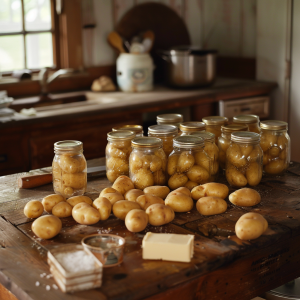
Canning whole potatoes is SUPER easy!
Just imagine having a delicious meal of scalloped potatoes or steaming mashed potatoes at dinner or fried potatoes in the morning and having both take you hardly any time at all to make!
Imagine never having to throw out a bag of nasty potatoes again all because you know how to can whole potatoes!
That’s what I’m going to teach you today and it’s going to be a gamechanger for you because not only can you use this canning method for your whole baby potatoes, but you can also use it for other root vegetables and green beans too! Oh, and it’s SUPER easy too!
This method of canning is called Dry Pressure Canning and I’m just going to tell you right off the bat that it’s controversial. (You wouldn’t expect anything less from the gal who waxes cheese and preserves eggs for 18 months, would you? Hee hee) I vary the method by adding some water to the jars and some water to the pressure canner. Just a bit. You want to think of each jar as it’s own little pressure canner.
You will hear some concerns about killing botulism spores with this method, but botulism is killed at 240-250 degrees. You get that kind of prolonged heat in your pressure cooker in this method for 40 minutes. You will hear the alphabet people tell you that botulism is killed “faster” with water than without. I don’t care how fast it’s killed. Only that it is killed. This method has been used for decades. That doesn’t necessarily make it “right” but I’m confident in the safety of this approach and will continue to use it. Decide for yourself.
Instructions for Canning Whole Baby Potatoes
First, you’re going to want to clean your potatoes really well. I let mine soak in hot water with white vinegar and baking soda after I’ve scrubbed the
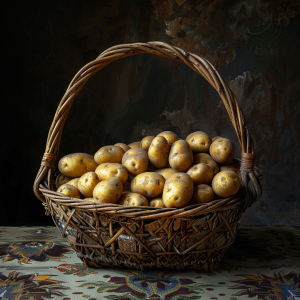
Canning whole baby potatoes
dickens out of them for about an hour. (Just FYI, I LOVE my veggie scrub cloth from Norwex. When I use it, I don’t even feel like I have to peel my potatoes when I make mashed potatoes.) You’re soaking them to get rid of some of the starch.
Then I use clean wide mouth quart jars, with the rims wiped down with white vinegar. (this is a habit of mine all the time that I’ve incorporated in my canning efforts no matter what I can.)
I stuff the quart jars full of the potatoes up to the shoulder of the jars. I then add two pats (about 2 T.) of butter and a teaspoon of coarse salt. Then I put in 1/4 C of water.
Then I put the clean lids and rings on screw them on until they are fingertip tight and load them up in my pressure canner. Then I put in just enough water to cover the bottom of the pressure canner.
I then put the lid on the pressure canner and bring up the pressure to 10 pounds of pressure and then start the timer for 40 minutes.
Once complete I remove the pressure canner from the heat and let it cool down naturally. I remove the jars carefully and allow them to seal. I check for seals then gently shake to ensure the salt and butter is disbursed throughout. I then remove the rings and store in a cool, dark place.
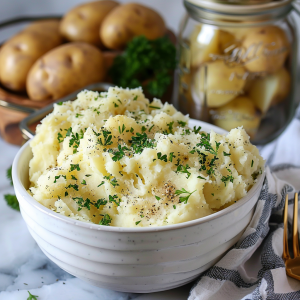
Canning whole baby potatoes make great mashed potatoes
Thanks to this method I now have whole potatoes for real mashed potatoes or diced potatoes and sausage or a myriad of my favorite potato dishes. The potatoes will be soft. So, when it comes time to cook them in your dish, your cooking time will be dramatically reduced. Yay!
As I shared in the beginning, this method can be used successfully for other root vegetables as well as green beans! Enjoy!
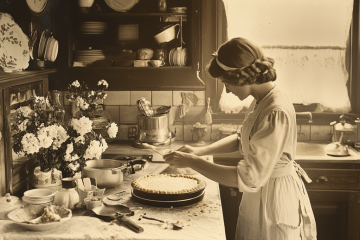
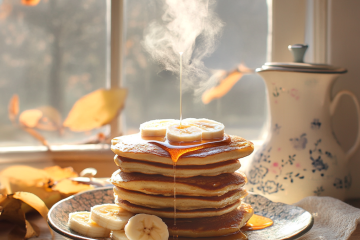
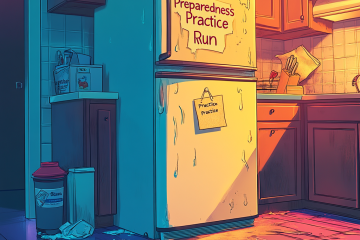
4 Comments
Tracie · July 19, 2024 at 8:22 pm
Can this method be used for diced or French fry cut without the peeling?
Preparedness Pro · July 20, 2024 at 1:16 pm
I would just can them in water like you would regular can vegetables in that case. Be sure to soak them a bit to get out some of the starches and when it’s time to fry them, toss them in some cream of tartar. You’ll love the crispy texture you’ll get. Be sure to scrub them really well.
Christine McCoy · August 17, 2024 at 2:31 am
I soak the fresh cut potatoes (french fry’s) in ice water for one hour to remove starches. The taste is sensational whether frying in duck fat or roasting in oven.
Preparedness Pro · August 22, 2024 at 10:12 am
ooh! Duck fat! Great idea! And yes, I did omit the soaking. Need to add that. Thank you!
Comments are closed.